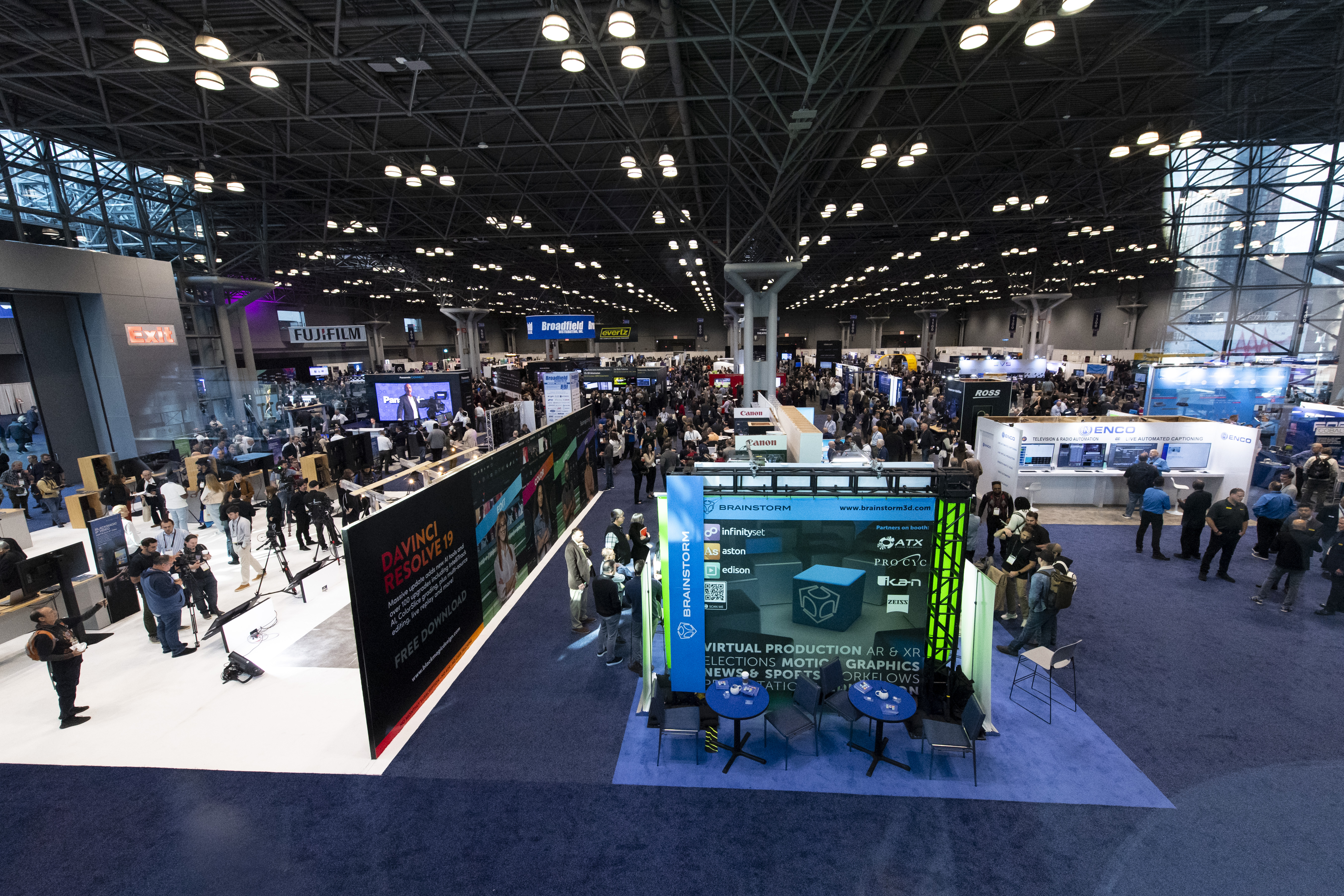Supreme Court passes on network-sharing cases
Last week the U.S. Supreme Court declined to hear an appeal of a case concerning the right of the entertainment industry to subpoena traders of music, movies and television programs over the Internet.
In the case involving Verizon Internet Services and the Recording Industry Association of America (RIAA), the RIAA sought permission to demand the names of individuals it believed were trading copyright files on the networks of Internet service providers (ISPs) such as Verizon. An appeals court overturned a lower court’s ruling in the RIAA’s favor last December, forcing the RIAA to continue its practice of filing anonymous “John Doe” lawsuits against file traders.
In a statement, Sarah Deutsch, vice president and associate general counsel for Verizon, said that the decision means copyright holders and their representatives — or identity thieves and stalkers posing as copyright holders — will not be allowed to obtain personal information about Internet users by simply filing a one-page form with a court clerk.
The RIAA wanted to use the Digital Millennium Copyright Act (DMCA) to argue that Verizon must produce the names of subscribers engaged in file-trading, but the appeals court said the DMCA does not apply to peer-to-peer file-trading networks. Any requests for personal information from ISPs must continue to be filed in the form of a lawsuit, a method the RIAA has used to identify thousands of suspected file traders over the last year.
The loss came as a blow to the entertainment industry, which has tried to use litigation as a way to deter alleged copyright infringement on peer-to-peer networks. Last Friday, record labels and movie studios asked the Supreme Court to review the Grokster decision, which held that peer-to-peer networks aren’t responsible for the copyright infringement of their users.
The professional video industry's #1 source for news, trends and product and tech information. Sign up below.
